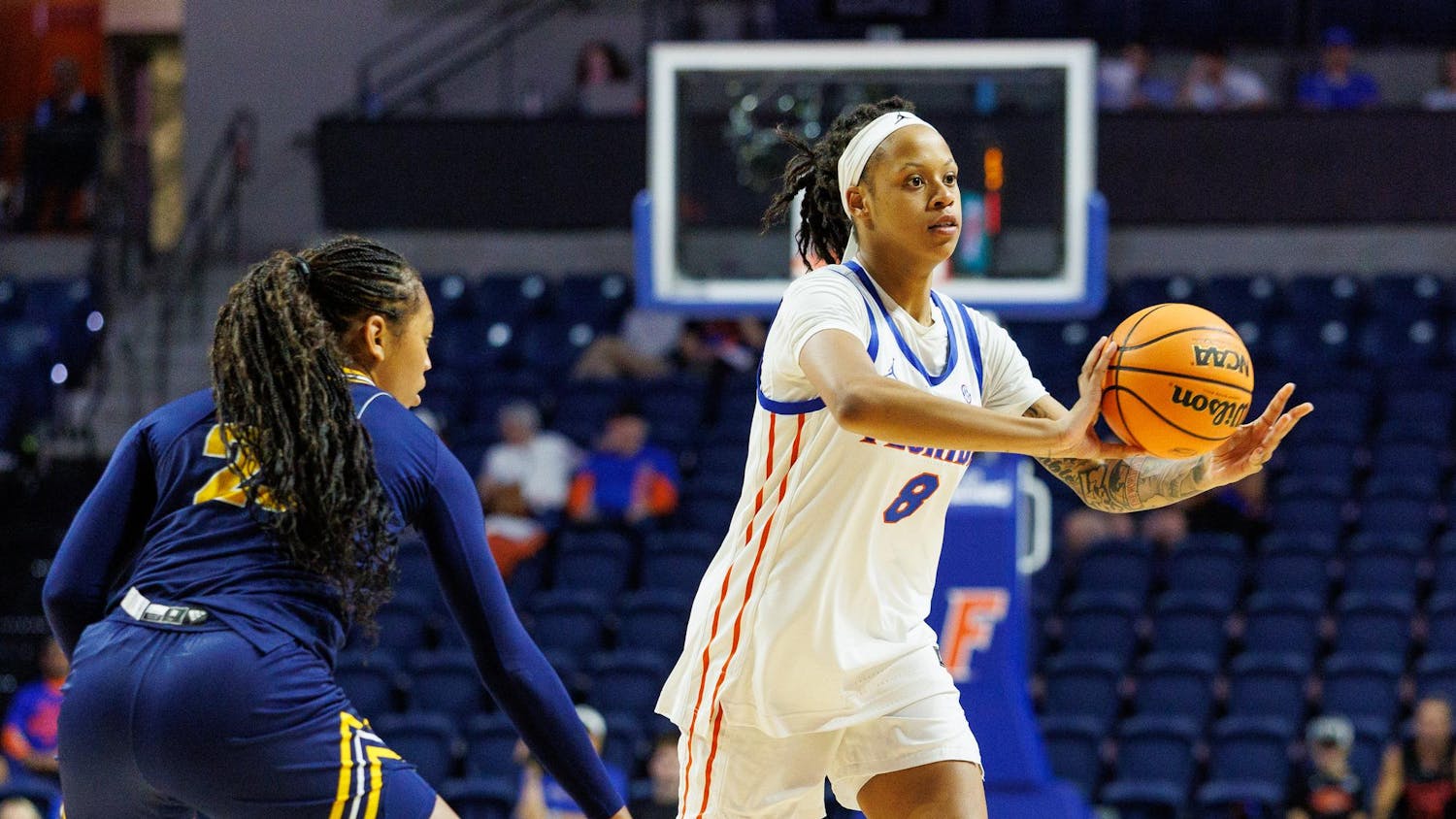Amid accusations of plagiarism, the North Central Florida Society of Professional Journalists Professional Chapter decided Wednesday to rescind awards given to the former editor of Ocala Magazine.
The editor, Heather Lee, was fired Sunday after allegations of widespread plagiarism, the Ocala Star-Banner reported.
"This was a person I put a great deal of responsibility and trust in," said Linda Marks, publisher of the magazine, according to the Star-Banner.
Marks could not be reached for comment.
Ten awards given to Ocala Magazine in 2007 and 2008 were revoked, said Ana-Klara Anderson, president of the North Central Florida Society of Professional Journalists. The local chapter of the Society of Professional Journalists met in Gainesville to discuss whether Lee should be allowed to keep her awards.
These constitute "any award involving writing that was submitted by Ocala Magazine with Heather Lee's byline or in which Heather Lee played a significant editorial role," Anderson said.
"We run this awards program to award honest, fair, accurate journalism," Anderson said. "We really, as a chapter, had no other option than to rescind these awards because we found consistent and extensive use of plagiarism over the course of several years."
The story of Lee's four years of plagiarism surfaced last week when two envelopes, each containing twenty examples of Lee's plagiarism, were sent anonymously to the Star-Banner and WCJB TV-20.
These articles contained material plagiarized from many media outlets, including The Wall Street Journal, Entertainment Weekly and O, The Oprah Magazine, the Star-Banner reported.
In one example from Ocala Magazine in September 2006, Lee wrote that "meat lust is not pretty and I suspect it grips all true carnivores," TV-20 reported.
Her words were almost identical to a June 2006 article written by Robb Walsh of The Houston Press, according to the TV-20 investigation.
"Meat lust is not pretty," Walsh wrote. "But I suspect it grips all true carnivores."
In some cases, articles contained four cases of plagiarism, said Norman P. Lewis, an assistant professor of journalism at UF.
"It's pretty unusual to have multiple sources for a plagiarism piece," said Lewis, whose research specialty is plagiarism.
Of the 85 to 100 examples of plagiarism he has studied closely, Lee's are some of the worst, Lewis said.
"It's certainly one of the more serious cases I've ever encountered," Lewis said.
To prevent future dishonesty, Marks told the Star-Banner that she had installed "Check for Plagiarism" software.
The important thing is that Ocala Magazine works to regain its readers' trust, Lewis said.
In its next issue, the magazine should discuss and correct all of Lee's plagiarism. It should also amend the online archive, he said.





